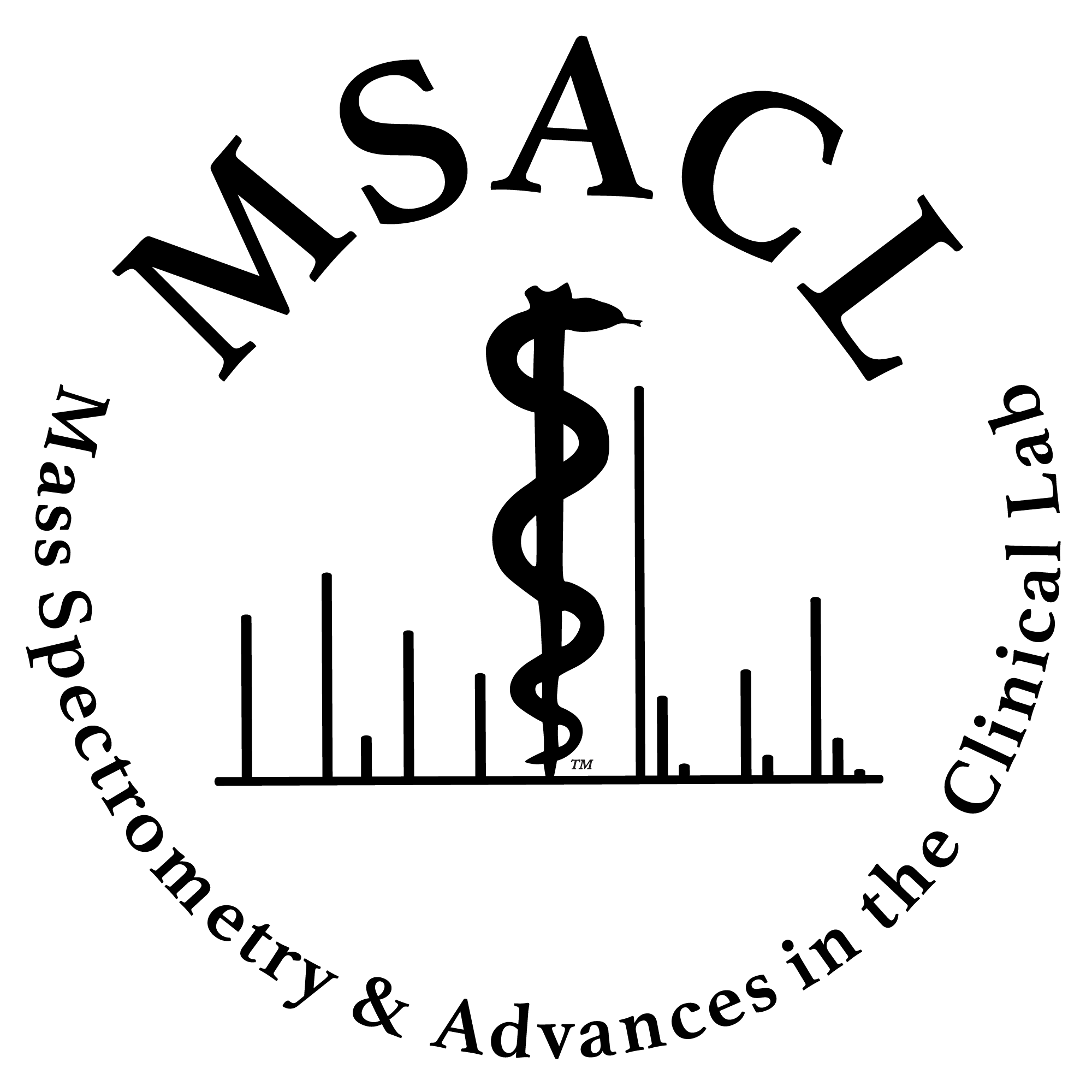MSACL 2024 Abstract
Self-Classified Topic Area(s): Imaging > Imaging > none
|
|
Podium Presentation in De Anza 1 on Wednesday at 13:30 (Chair: Peter Verhaert / Livia Eberlin)
 Desorption Electrospray Ionisation: 22 Successful Years and Still Counting Desorption Electrospray Ionisation: 22 Successful Years and Still Counting

|
Zoltan Takats, PhD (Presenter)
Imperial College |
|
Presenter Bio: Professor Takats has obtained his PhD from Eötvös Loránd University, Budapest, Hungary. He has worked as a post-doctoral research associate at Purdue University, Indiana, USA. After returning to Hungary, he served as Director of Cell Screen Research Centre and also as Head of Newborn Screening and Metabolic Diagnostic Laboratory at Semmelweis University, Budapest.
Professor Takats was awarded the Starting Grant by the European Research Council in 2008 and he subsequently, became a Junior Research Group Leader at Justus Liebig University, Gießen, Germany. He moved to the United Kingdom in 2012 and currently works as a Professor of Analytical Chemistry at Imperial College London.
Professor Takats has pursued pioneering research in mass spectrometry and he is one of the founders of the field of ‘Ambient Mass Spectrometry’. He is the primary inventor of six mass spectrometric ionization techniques and author of 78 peer reviewed publications. He was the recipient of the prestigious Mattauch-Herzog Award of the German Mass Spectrometry Society and the Hungarian Star Award for Outstanding Innovators. He is the founder of Prosolia Inc, Medimass Ltd and Massprom Ltd, all companies pursuing analytical and medical device development. |
|
|
|
|
Abstract We have developed Desorption Electrospray Ionisation 22 years ago. In course of the last two decades DESI has become one of the most popular mass spectrometric imaging methods (besides MALDI) as well as one of the most widely used ambient ionisation techniques (besides DART). The paper will cover the origins of the technique and its continuous development with regard to hardware solutions, data interpretation approaches and applications.
As DESI and other ambient ionisation MS methods completely eliminated the otherwise necessary sample preparation and transfer, they opened the door to completely different diagnostic approaches, especially in the point-of-care field. The direct analysis of various samples ranging from throat swabs through dried blood spots to fingerprints or the actual skin surface by DESI have been demonstrated to provide diagnostically relevant datasets. The time and resource demands of these assays are significantly lower than those of the currently used methods. However, the ambient profiling techniques face other problems with regard to regulatory requirements or acceptance by the relevant medical communities. The paper will make an attempt to assess the current status of the field and put forward suggestions for our community to launch a concerted effort towards successful clinical translation.
Ambient imaging, exemplified by DESI-MSI, is not only an alternative to MALDI which eliminates the burden of matrix deposition, but an overall different, significantly more robust process. Consequently, the approach(es) makes a better candidate for translating it into clinical pathology, especially in the light of recent developments enabling single cell resolution. The paper will review the current status of DESI-MSI in the context of clinical histopathology and outline a strategy for accelerating its clinical translation.
|
|
Financial Disclosure
| Description | Y/N | Source |
| Grants | yes | Waters, AstraZeneca |
| Salary | no | |
| Board Member | no | |
| Stock | no | |
| Expenses | no | |
| IP Royalty | yes | DESI patent |
| Planning to mention or discuss specific products or technology of the company(ies) listed above: |
no |
|

